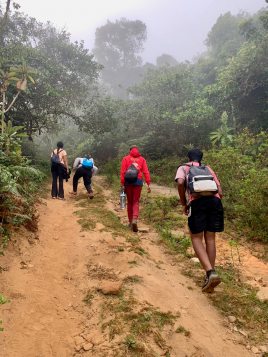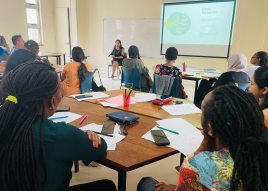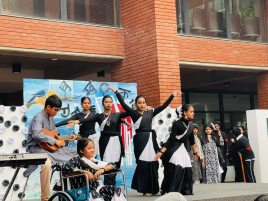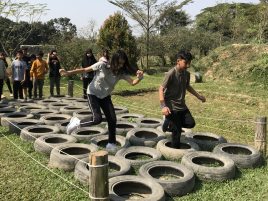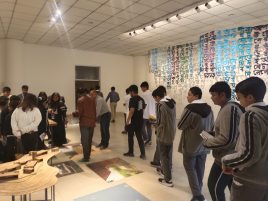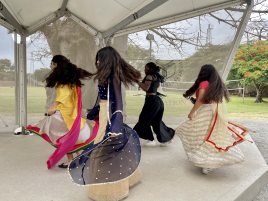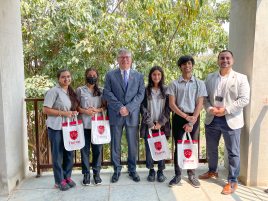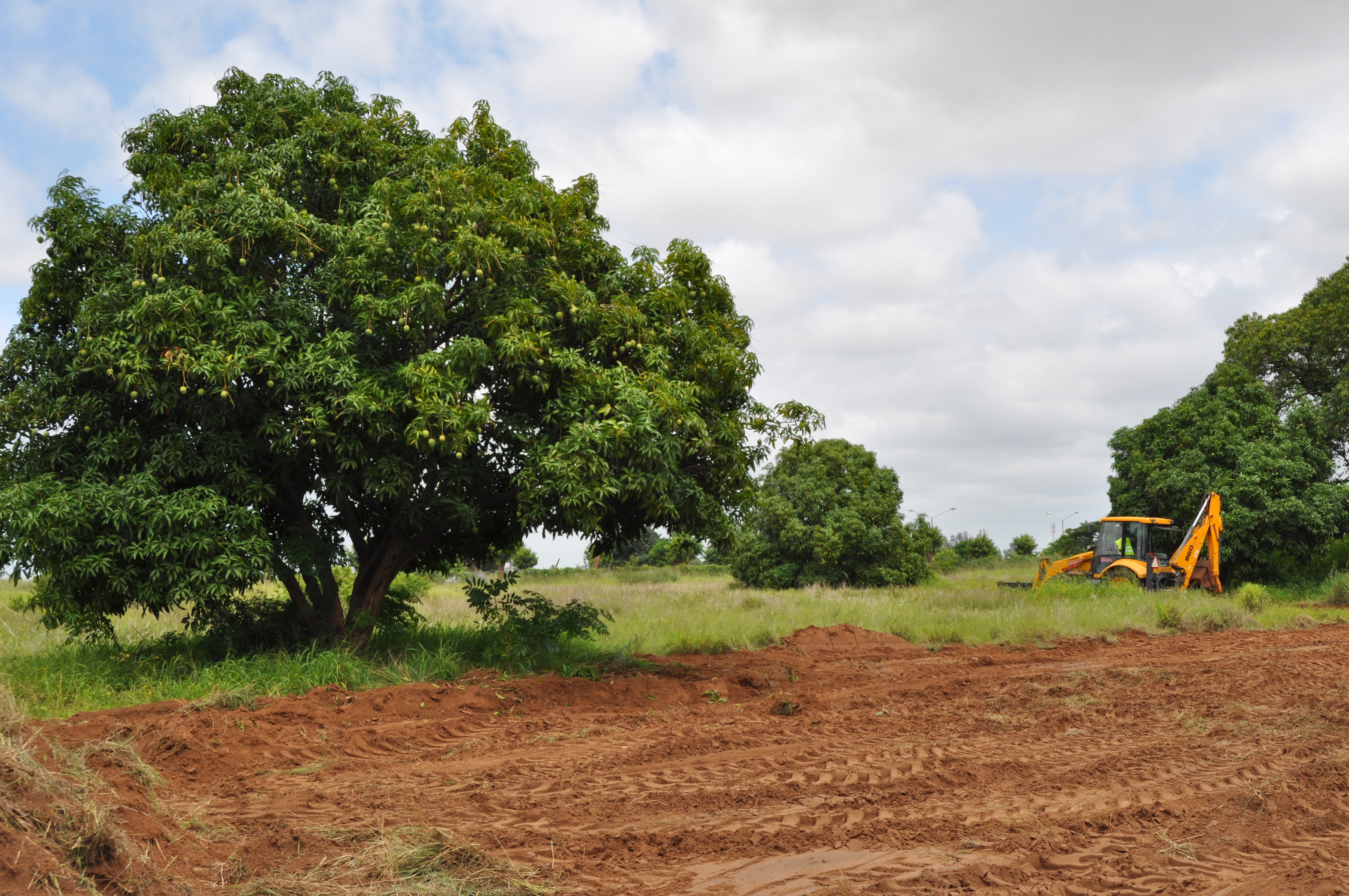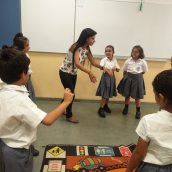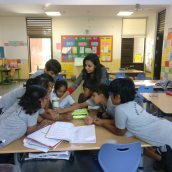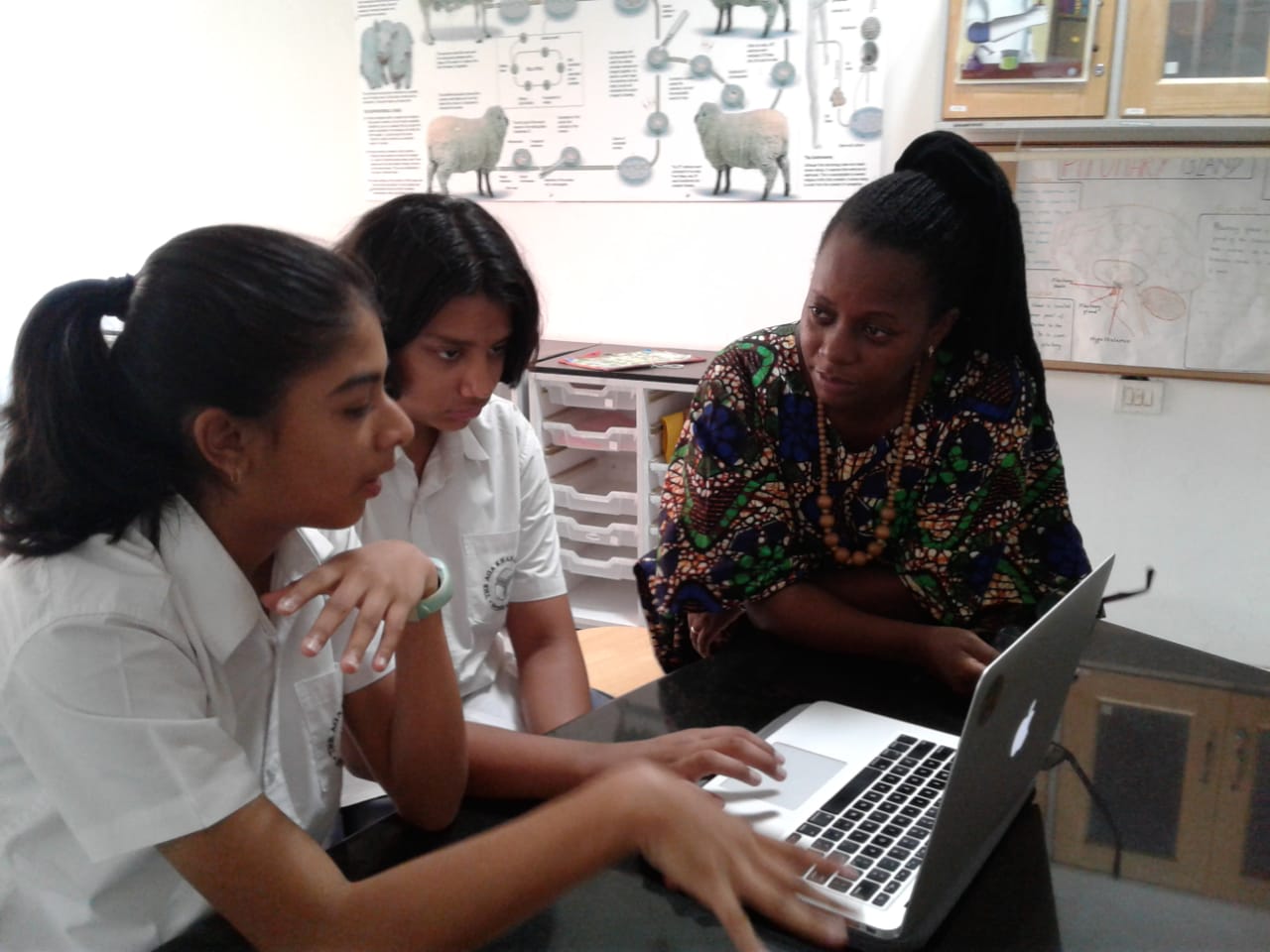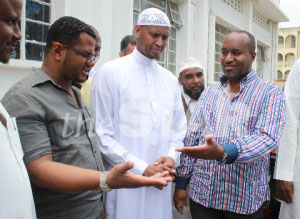Living on Campus
Residential life at the Academy complements and extends the academic experience. The residential programme includes a broad selection of activities and leadership opportunities to enhance students’ learning and growth.
Our residential programme launched in April 2019, allowing students from across Mozambique to study at the Academy. Student residences are designed to accommodate students and dorm parents – teachers that have been chosen carefully and trained to live in the faculty apartments and student residences.
Up to four students share a room. The rooms are spacious with high ceilings and large windows. Facilities include a student lounge with IT facilities, wifi and a large-screen television along with laundry facilities.
The Commons building, when completed, will house the dining hall and an array of spaces for school activities. It will be the hub of student activity and serves as the main space for major school functions including music and drama performances and public lectures.
A photo gallery of the Aga Khan Academy Maputo Campus is available here »
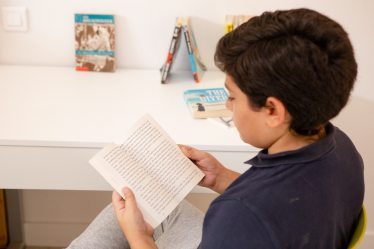 Learning beyond the classroom
Learning beyond the classroom
The culture of the Academy is based on respect, integrity, honesty, fairness, empathy and good humour. Our students, teachers and administrative staff create and sustain this positive learning environment.
The experience of our pluralistic learning community is especially rich for students in residence given the constant interactions among students, faculty and staff from diverse backgrounds.
The focus of the residential programme is on students’ intellectual, social, spiritual and physical growth in a structured and ethical environment. In the words of Aziz Batada, Head of the Residential Programme and Dean of Students at AKA Maputo, “The residential experience allows the typical school day – where the vision of the Aga Khan Academy is continuously being lived – to be extended, and education itself is seen as a part of every moment of an individual's life.”
Anjum Budhwani - living her dream
Anjum has been teaching since the time she was an undergraduate student. She began as a volunteer at her community Religious Education Centre as part of the Institute for Ismaili studies’ Ta’lim programme, a course designed to introduce children to the faith, ethics, history and cultures of Muslim peoples and of the Ismaili community in particular. “Compassion builds a strong relationship between teacher and student,” she says. “If a teacher is caring and loving the student feels safe with her, and learning will happen successfully in turn.”
Anjum received her first bachelor’s degree in commerce from Hyderabad’s Osmania University, and went on to collect another bachelor’s in education followed by a master’s degree when she decided to become a teacher. Her aspiration was to join the Aga Khan Academy Hyderabad, and she realized this dream in 2012. “I feel elated when I hear people saying ‘She works at the Aga Khan Academy Hyderabad.' ” It was also her mother’s dream to see her daughter become a teacher.
Though she says every day at the Academy is special, some days have been more special than others. “I cherish the day when His Highness the Aga Khan was here on 15th April 2015,” beams Anjum, remembering some his words to our teachers. “He mentioned that there will be difficult times while you are teaching and learning and you will have failures during your journey of teaching. But remember the result and keep the goal in your mind that we are working towards creating future leaders and that it’s not going to be easy.” These words are a part of what inspire Anjum to teach at the Academy and to better herself as a facilitator to young students.
One of her favourite things about teaching at the AKA Hyderabad is discussing teaching practices with her colleagues. Anjum has imbibed the philosophy of being a lifelong learner; learning from her colleagues, she explains, has been key to her growth as a teacher. “We have regular and ongoing professional development, which has provided me with a lot of opportunities to improve myself,” shares Anjum. “Sharing best practices, professional development reading, action research and other platforms where we get to learn from each other gives us the chance to reflect on our learning and teaching process.”
These collaborative efforts have helped Anjum grow into the ideal PYP teacher who believes in giving her students voice, choice and ownership in their school work. “I design assessments and learning engagements with students in order to provide them with ownership and accountability in their learning.” Miss Anjum’s classroom is decorated with student input, with students also influencing their seating arrangement. In her class you will see the Innovation Corner, where students create new things from recycled material. Students of 3K have a duty list, where students are given charge of classroom resources like books and stationery. Giving students responsibility and ownership of their space this way helps allows them an early understanding of stewardship.
“She endeavors to exemplify stewardship through her actions,” says Academy Junior School Principal, Sreelatha Kumar. “Equanimity and her unquestionable commitment are her best qualities." Sreelatha adds that it is remarkable how Anjum deals with adults and children with the same grace and evenness.
It is very common that parents visiting the Aga Khan Academy Hyderabad Junior School, upon seeing students in the sand pit or in the art room, wish that they could have done their primary education here. Should they peep into Miss Anjum’s grade 3 classroom, they will understand that it is teachers like her whom they missed having in school, because they are the ones who help create the idyllic aura of a primary school.
Written by Ajay Sundaram
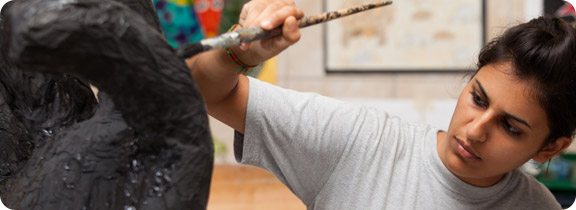
Partnerships
Each Aga Khan Academy benefits from the combined experience of the network of Academies as well as from partnerships with other global networks and institutions. These linkages enable the development and support of world-class standards of excellence.
Aga Khan Development Network
The Aga Khan Academies are one of the key education programmes of the Aga Khan Development Network (AKDN), whose institutions are engaged in a wide array of development initiatives.
AKDN draws on over a century of experience in education from pre-primary to tertiary levels, and includes more than 240 schools and two universities. Students and faculty at each Aga Khan Academy are able to access the intellectual and programmatic resources of AKDN institutions, including the Aga Khan University, the University of Central Asia, the Aga Khan Education Services, the Aga Khan Foundation and the Aga Khan Trust for Culture. The Academies also work in close partnership with AKDN institutions and programmes around the world to provide practical experience opportunities through internships for students and alumni.
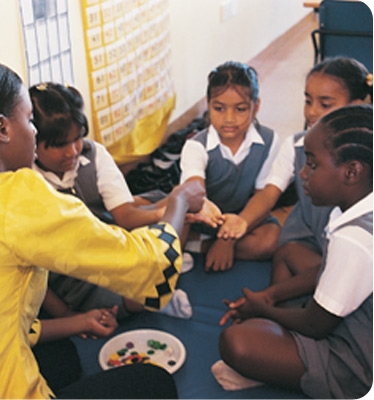
Other leading institutions
The Aga Khan Academies have established formal partnerships with governments, universities and other leading organisations to ensure high standards of practice and foster innovation. Some of the areas that Academies’ partnerships support include best practices in teaching and learning, innovative approaches to teacher education, development of quality campus facilities, supplementary education opportunities for students and access to higher education for talented Academies graduates in need. The Academies have also established partnerships with Ministries and Departments of Education to help strengthen education provision in the countries where our schools are located. Current partners include:
Agencies of the Aga Khan Development Network | International Baccalaureate | Government of Ontario, Canada | Agence Française de Développement | The University of British Columbia Concordia University | California State University, Northridge | Ryerson University | Ministry of Education, Science and Technology, Kenya | Ministry of Education and Human Development, Mozambique | Department of School Education, Telangana, India
In addition, the Academies collaborate with a number of schools and other organisations locally and internationally in areas of mutual interest and to share knowledge and experience.
The IB network
AKDN has a formalised relationship with the International Baccalaureate (IB) through a Memorandum of Understanding between the two organisations.
As IB World Schools, the Academies are closely linked to a network of dynamic IB institutions in over 125 countries, united by a common vision for education and global standards. Guided and facilitated by the IB, this network uses face-to-face conferences and workshops as well as technology to enable teachers and school leaders to gain from each other's experience and to share projects and initiatives.
Ensuring world-class standards
Being connected to these global networks and institutions enables the Academies to test and validate their standards of excellence. These partnerships contribute to the quality of the curriculum and professional development programmes, and ensure that the Academies maintain and enhance their high international standing.
News
